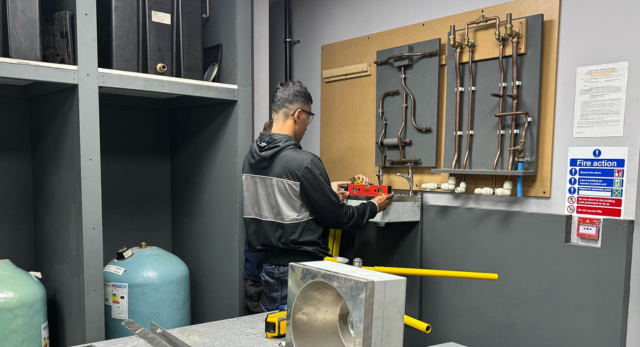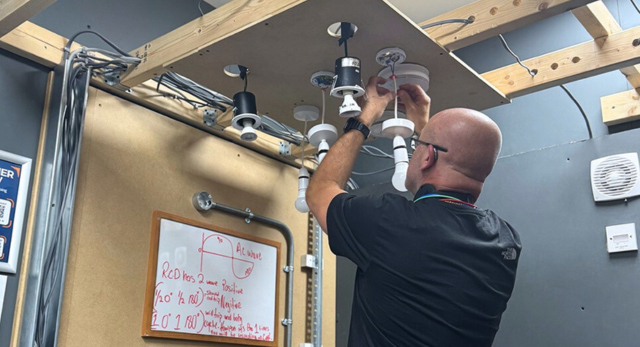A flue gas analyser (FGA) is a vital tool for any Gas Safe Register, OFTEC or HETAS qualified engineer when installing, commissioning, fault finding, repairing or servicing heating appliances.
It measures the critical gases produced during the combustion process to determine if the appliance is operating efficiently and safely.
Some of these gases are hazardous to humans, namely carbon monoxide (CO) and carbon dioxide (CO2), so it’s essential that you know how to operate and maintain your FGA.
Back to Insights
What’s the First Rule of FGA Maintenance?
Look after your FGA and it will look after you but only use it in calibration. Due to the essential and safety related nature of the use of FGAs, all manufacturers recommend a minimum of an annual calibration and service during which any consumable components will be checked and a certificate of calibration will be issued.What else do I need to know?
- Take your sample from the centre of the flue (the hottest part). Not only does this give the most accurate reading, but it also reduces contact with condensate on the internal wall of the flue.
- Keep a close eye on your condensate trap and empty it of water after every use. Condensation or moisture inside the instrument (either from being left in a cold vehicle or from not emptying the condensation trap) could negatively affect its performance.
- Check your filters regularly for signs of dirt, soot and condensate. Replace them if they’re noticeably dirty or wet.
- Only perform the start-up and purge when you know you’re in clean fresh air.
- Connect the flue probe before turning the FGA on and leave the probe connected until the instrument is turned off to ensure it is purged on shut down.
- Keep your equipment clean and your bag free from lint and dust. The magnets on the back of most analysers will collect metal swarf which can then scratch and damage the appliance you attach it to.









